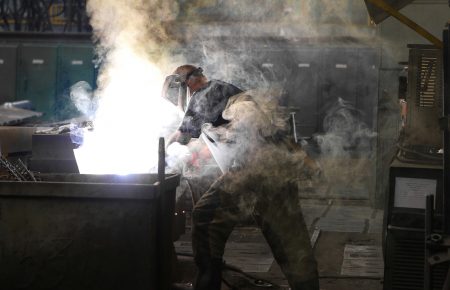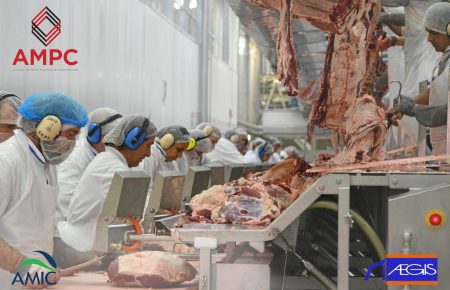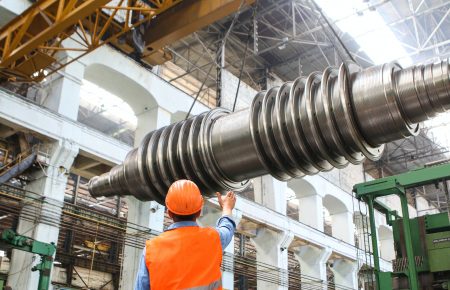In order to avoid workers’ compensation claims that result from an aggravation of a prior injury, employers need to be aware of what the law does — and does not — protect them from.
As Aegis RMS manager Simon Booth noted in a 2016 presentation, the definition of ‘injury’ in the Workplace Injury Rehabilitation and Compensation Act 2013 (WIRC) covers ‘a recurrence, aggravation, acceleration, exacerbation or deterioration of any pre-existing injury or disease.’
This means that, as an employer, pre-existing injuries can become your problem and non-compensable injuries can become compensable injuries if not managed properly.
Case study
An article by a solicitor from Carroll & O’Dea Lawyers gave an illustrative overview of a workers’ compensation arbitration. The case hinged on whether or not an aggravation of a previous workplace injury was compensable.
In the case, a police officer had suffered a back injury as a consequence of his work-related duties and had his workers’ compensation claim accepted. He had weekly compensation and medical expenses paid by the workers’ compensation insurer. This was in 2015.
In 2019, the officer suffered two more incidents that forced him off work entirely and led to surgery. Those incidents were: 1) lifting a tyre at home, further injuring his back; and 2) lifting a heavy box, again at his home.
The first incident forced him off work; the second occurred while he was on leave and necessitated back surgery. Again, the officer sought compensation and medical expenses.
However, this time around, the insurer declined the claim on the grounds that the later incidents were not directly related to his initial back injury. In legal terms, he had ‘broken the chain of causation (‘novus actus interveniens’)’.
Subsequently, the officer commenced legal proceedings against the insurer at the NSW Workers Compensation Commissions, leading to an Arbitration.
In the end, the Arbitrator took the view that the officer’s two 2019 injuries and the need for treatment which followed from them resulted from the 2015 injury.
The employer appealed this decision but was dismissed on the grounds that there was a ‘causative relationship between the initial injury, the incapacity and need for surgery’.
As the article concludes:
“It is important to be aware that just because an aggravation, flare up or onset of symptomatology occurs outside of the workplace, it does not necessarily mean that the effects of that incident are not compensable.
“What needs to be considered is whether any earlier work related injury materially contributed to the aggravation, flare up or onset of symptomatology, irrespective of where and when they may have occurred.”
If you would like help with your Workers’ Compensation needs, get in touch today.
Disclaimer: This article provides general advice and should not be considered legal advice or an insurance consultation. You should seek appropriate counsel for your own situation. In addition, this post is directed at people in Australia. If you are outside Australia, please be aware that the circumstances in your own country may be different.






















































